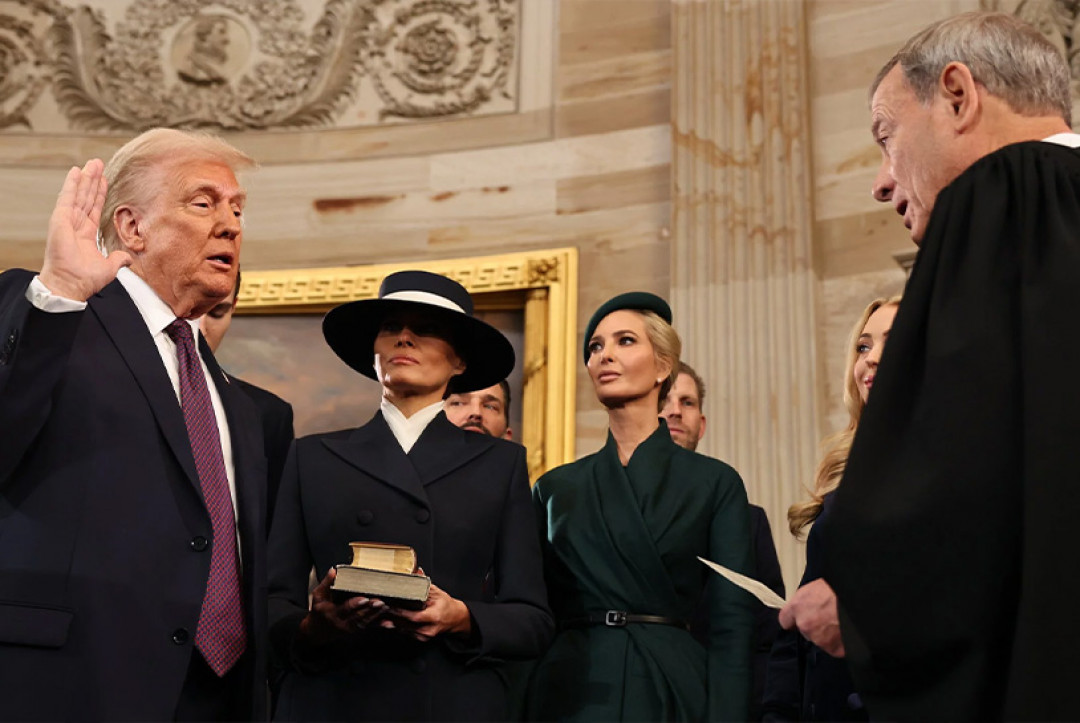
The German economy assumes that global trade and its own business will be negatively impacted by Donald Trump's second term in office. This is shown by a new company survey conducted by the German Economic Institute (IW). Industrial companies are particularly affected.
New tariffs, no more military aid for Ukraine and a territorial sense of entitlement: Donald Trump was sworn in as US President for the second time on 20 January, and his plans are already causing a great deal of uncertainty worldwide. German companies are also worried about the Republican's new term in office and fear trade barriers and competitive disadvantages. This is shown by a new survey conducted by the German Economic Institute (IW), for which 2,051 companies were questioned. Almost a third of companies expect significant disadvantages due to higher energy costs compared to the USA, while 28 per cent fear significant losses as a result of a weaker global economy.
Industry particularly susceptible to trade barriers
Industrial companies in particular see themselves as being more affected: 40 per cent of these companies anticipate significant competitive disadvantages due to higher energy costs compared to the USA. A good third expect global trade to be affected and their own sales opportunities to deteriorate as a result. Service providers, on the other hand, are less susceptible: compared to industry, they are not as strongly orientated towards exports.
The companies surveyed also fear that subsidies for US companies, new tariffs and different environmental standards will have a negative impact on business. Because the USA is an economic heavyweight, the EU must present a united front and defend its interests. ‘The new Trump administration will put German companies under pressure. Above all, a coordinated European strategy can secure the competitiveness of European companies,’ says study author and IW economic expert Michael Grömling.
Featured photo: Chip Somodevilla/GettyImages

